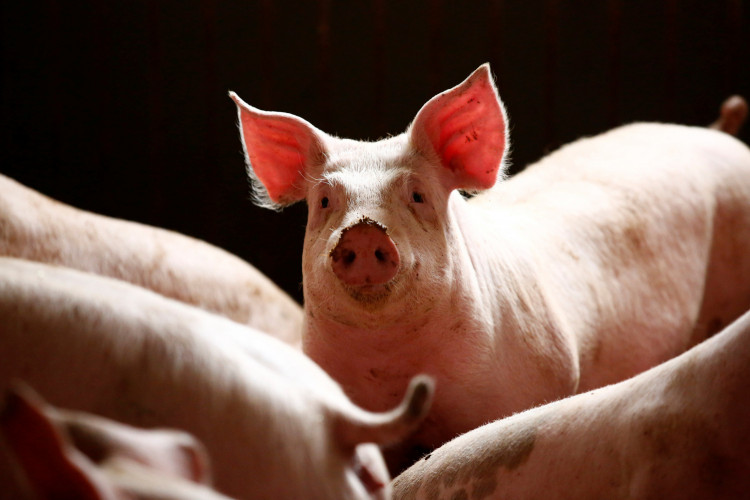A reported outbreak of African swine fever may have just ruined the lunar New Year celebrations of a number of pig farmers across northeastern China. According to reports, the incurable animal disease has struck a number of farms in the city of Shenyang. The disease reportedly originated near the city and hit farms in August of last year. It then traveled from farm to farm, infecting both commercial farms and small family piggeries.
China is one of the world's biggest producers of pork and the outbreak has caused a wide-spread concern for the country's US$1 trillion business. China has implemented several measures to try and contain the disease, but some of these measures are doing more harm than good. Major cities have recently issued a ban on the transport of live pigs as a part of its efforts to eradicate the disease. However, given that it typically takes a couple of years to completely get rid of the viral strain, the move will likely cause thousands of farmers their business and livelihood.
The ban on the transport of live pigs has already caused major financial strain on hundreds of piggeries, particularly in farms located in the northeastern Liaoning province. Most of these farms export their products to other provinces and cities. The epidemic has also affected prices and supply, which is unfortunate given the upcoming Lunar New Year holidays. The nationwide holiday is typically the time of the year where there is a high demand for pork.
There have already been a more than a dozen farms that have completely closed up shop, with some farmers now looking for other businesses or jobs. Some farmers have tried to stay in business despite the spreading disease, but the continuing weak prices and restrictions may force them to close as well. China is expected to lose about 20 percent of its pork production this year. The situation will likely result in an increase in pork imports from other countries.
While small farms are the ones that are getting hit the hardest by the spread of the disease, bigger farms are handling the situation much better. Large farms typically have better hygiene standards and protocols. Unlike small farms, they can also afford to use commercial feeds, which lessen the risk of contamination. The spread of the disease has definitely eaten into a lot of the big producer's profits, but with better systems and access to loans, bigger farms are more capable of surviving the situation.






